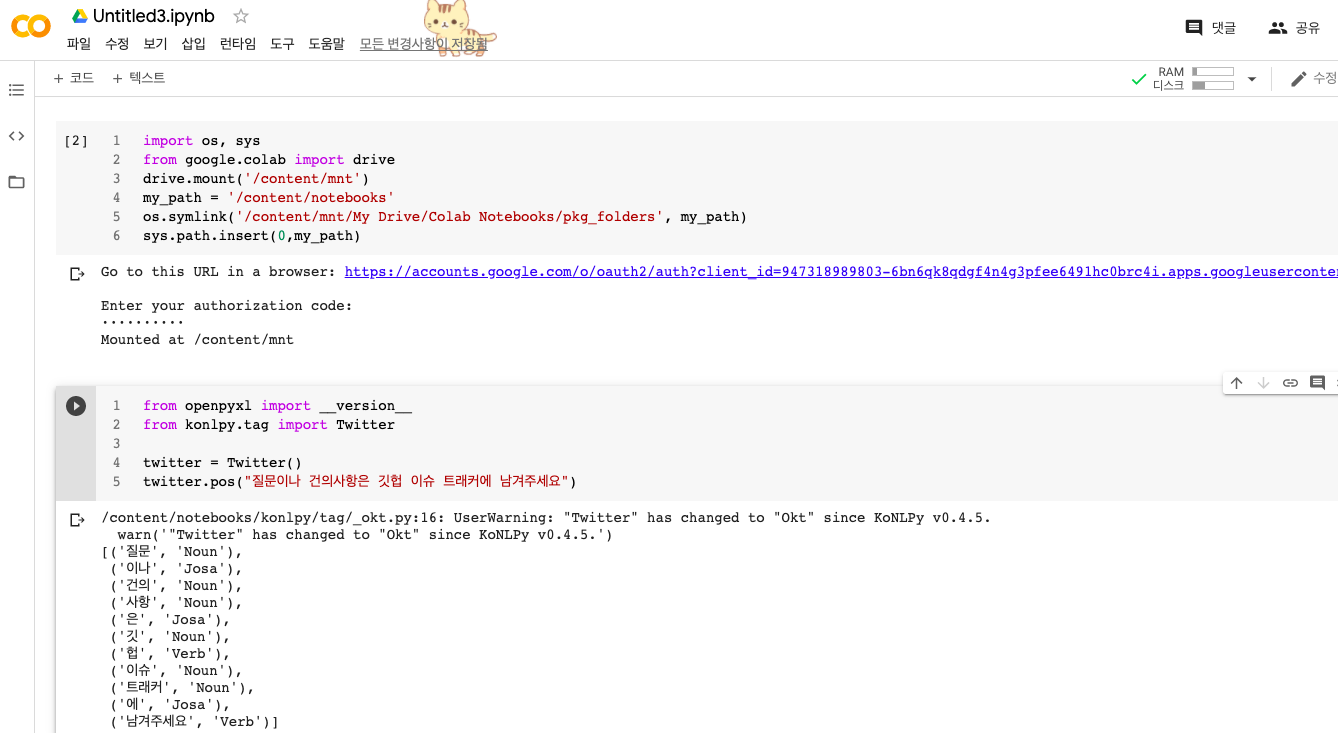

Making a Python package is like making a zip file with the metadata. zip file) that contains a library of reusable modules (i.e.py files) and metadata about the library (version, license, etc). Creating a Python PackageĪ Python package that will be distributed around a team or organization starts with an import package (typically referred to as just ‘package’ and would have a name like kramerica_package), configuring the metadata, adding some text files like README, and then generating the distribution package.Ī “ distribution package” – the final package that will be sent out – is the import package’s archive (i.e. In theory, a wheel could distribute any type of software, but they’re usually used for just Python. Python recommends creating new packages in a .whl format since they make installations faster and more efficient. egg is deprecated (pip won’t install them by default), but there are hundreds of older, popular packages on PyPI still using this format. whl): an improvement from the Egg format and now the most recommended format. egg): added standardization, file structure, and dependencies to source packages. tar.gz): a snapshot of the source code with a manifest file that includes metadata like Name, Version, Summary, Author, etc. Python has been around since 1998, and pip was only introduced in 2008 – 10 years after the language debuted! It’s been constantly evolving the evidence is clear in the three package formats available today: Most tutorials online, like the official Python “ Packaging Python Projects” explain how to package your Python module and upload it to a site like PyPI, or a private repository like Conda. The problem is tutorials could be three, four, or maybe six years old and outdated. We’ve compiled a brief outline and four best practices for you to get started using Python packages effectively. How can teams use Python packages within a private business when everyone codes in their own unique way? But there’s a noticeable lack of information on this use case online. If developers in private organizations want to share their proprietary modules or code libraries, they should rely on Python packages.

What’s the easiest way to create a Python package that makes code reusability across multiple teams and projects a cinch?


 0 kommentar(er)
0 kommentar(er)
